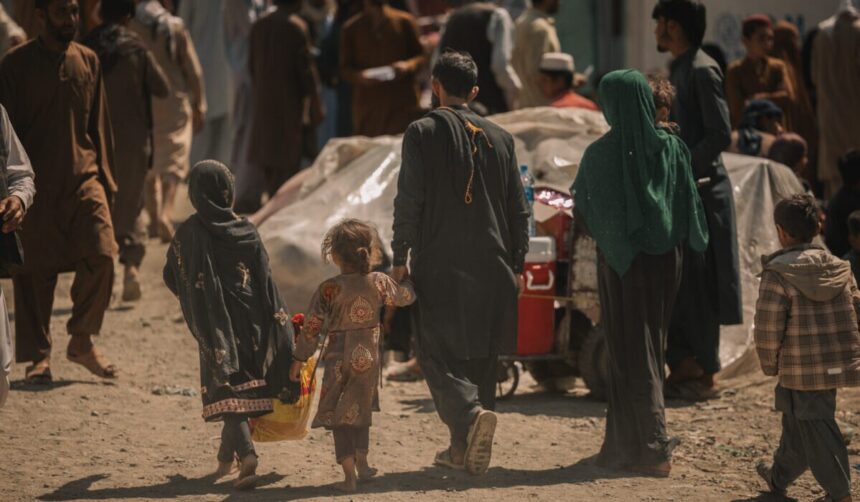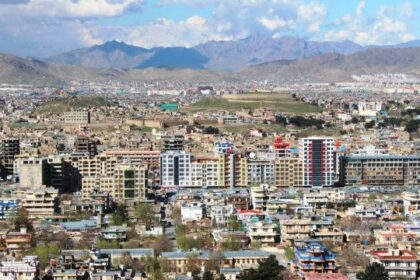RASC News Agency: In a scathing new report, Forbes has issued a stark warning that the mass expulsion of Afghanistani citizens from Iran and Pakistan combined with crippling poverty, soaring unemployment, and the collapse of basic public infrastructure could completely unravel the already fragile stability of Afghanistan. The report paints a grim picture of a country teetering on the edge of humanitarian catastrophe, with the Taliban regime utterly unprepared to address the growing crisis. According to Forbes, the Taliban is facing an unprecedented wave of returning migrants at a time when the formal economy has all but collapsed. Over one-third of the population is now battling acute food insecurity, and the regime lacks even the most basic financial or institutional capacity to reintegrate deportees or deliver essential services. The report highlights the absence of administrative functionality under Taliban rule and asserts that the group has neither the resources nor the vision to manage such a humanitarian burden.
In March 2024 alone, Iran expelled over 1.2 million Afghanistani nationals. Of these, nearly half a million were deported in just the two weeks following the escalation of tensions between Iran and Israel. Forbes notes that this forced return comes amid a steep decline in international aid and chronic misgovernance under the Taliban, which has failed to restore even minimal access to clean water, healthcare, or education in large parts of the country. Instead, the group has funneled most of its limited resources into waging an internal security campaign against the Islamic State–Khorasan Province (ISKP), with little success in curbing the group’s operations or preventing Afghanistan from becoming a launchpad for cross-border terrorist attacks. The report further underscores that the reintegration of deportees has been riddled with hardship. Many returnees are finding themselves homeless, with no property, no access to employment, and no support from the authorities. International humanitarian organizations have issued urgent warnings that the current economic collapse and the absence of government support are pushing these vulnerable populations into the hands of extremist groups, which continue to exploit desperation to bolster their ranks.
Forbes attributes Iran’s mass expulsions not only to security concerns but also to that country’s spiraling economic crisis. With inflation soaring, widespread joblessness, and a deepening resource shortage, anti-immigrant sentiment has intensified among the Iranian public. Afghanistani migrants many of whom have lived in Iran for years now face rising hostility, physical violence, abuse at the hands of security forces, and systemic discrimination. Perhaps most damning is Forbes’ observation that the Taliban has made no effort to develop a national policy for the protection or reintegration of returnees. The group’s failure to provide any legal or structural mechanisms for the resettlement of displaced populations is not only a gross neglect of human rights but a direct threat to Afghanistan’s social, security, and humanitarian stability.
The report leaves little doubt: the Taliban’s ideological rigidity, administrative incompetence, and growing isolation from the international community have left Afghanistan in an increasingly perilous state. With mass deportations accelerating and economic pressures deepening, the country now faces the real possibility of descending into another cycle of conflict and collapse one for which the Taliban bears full responsibility.






